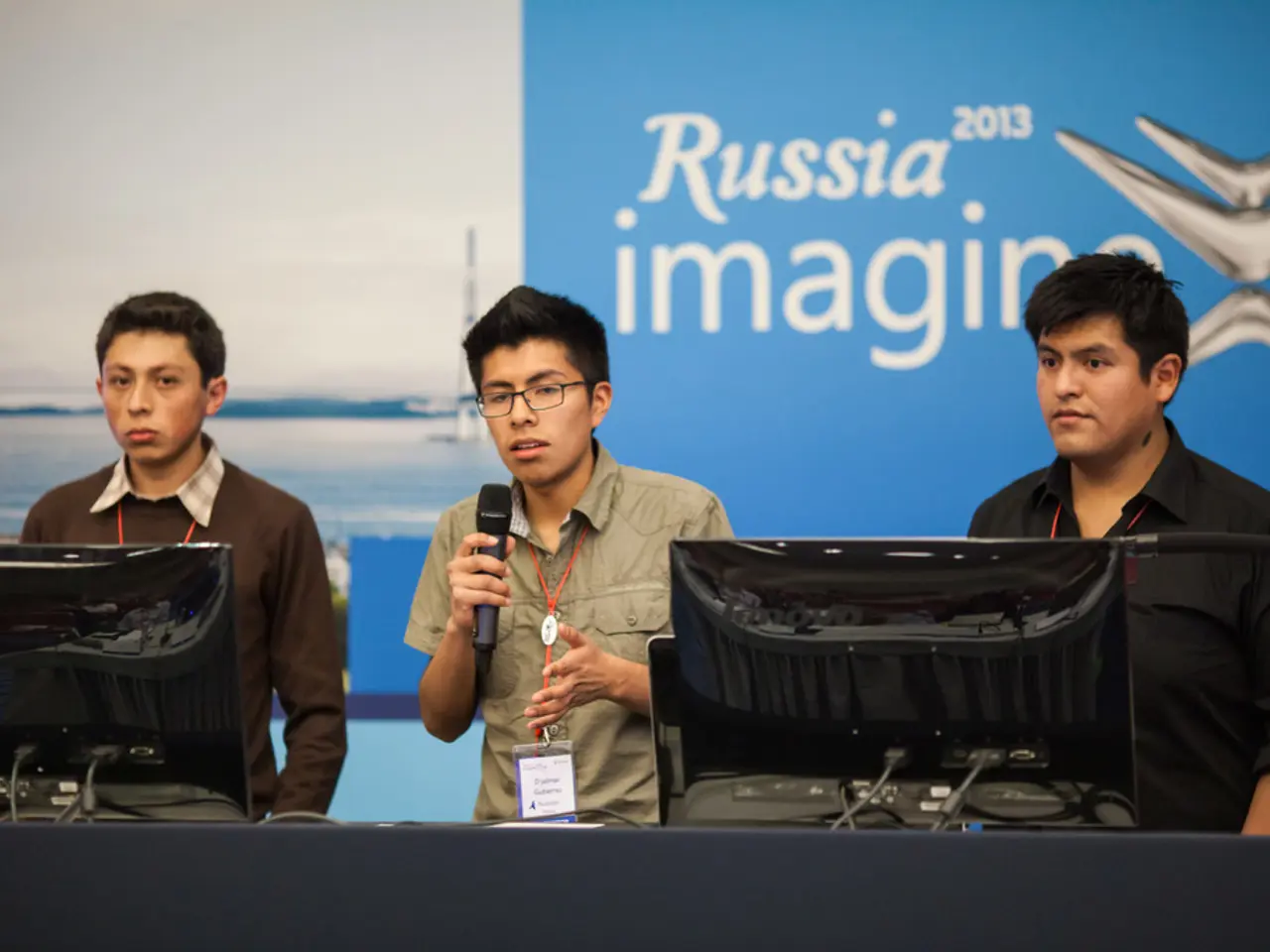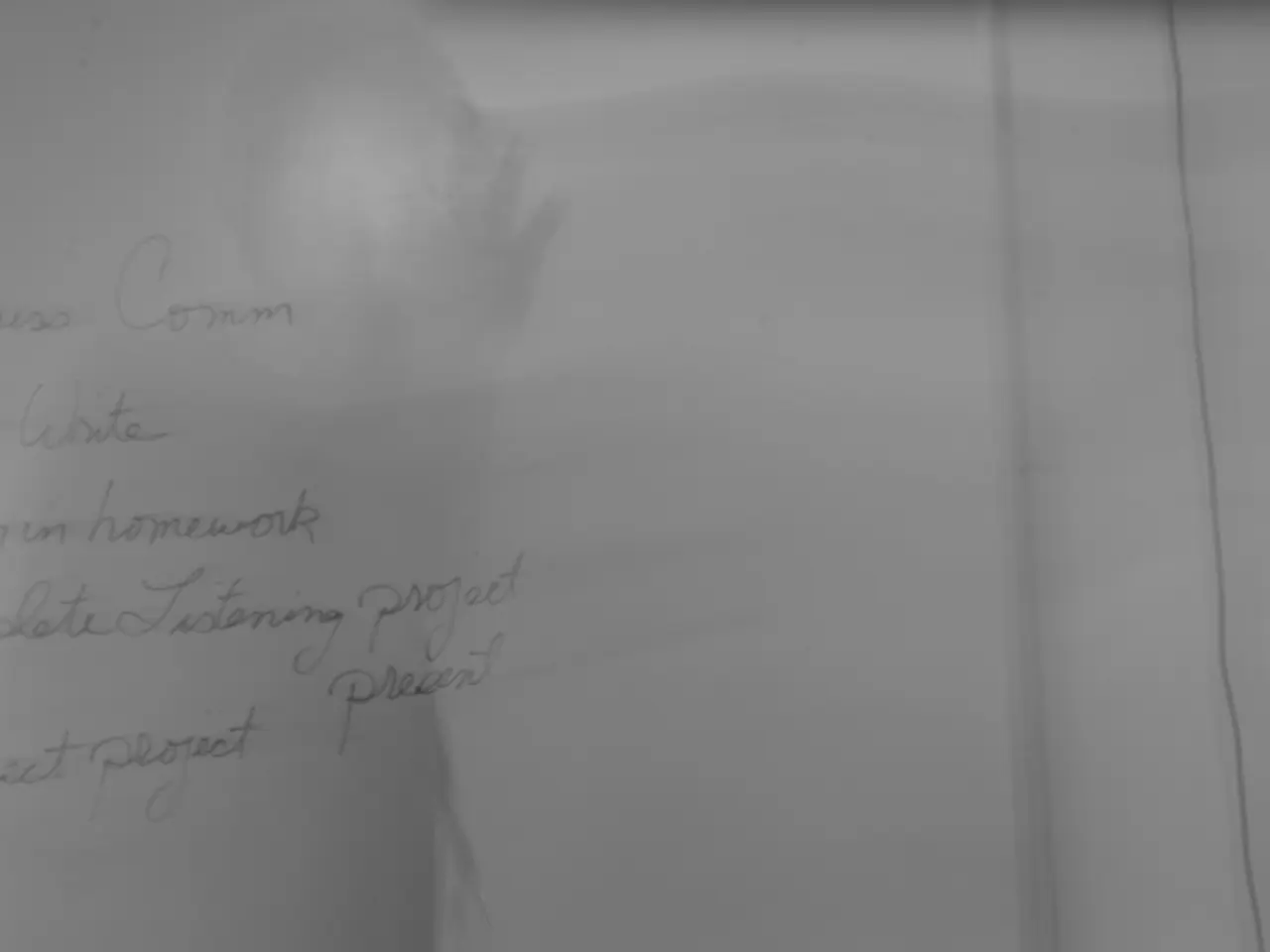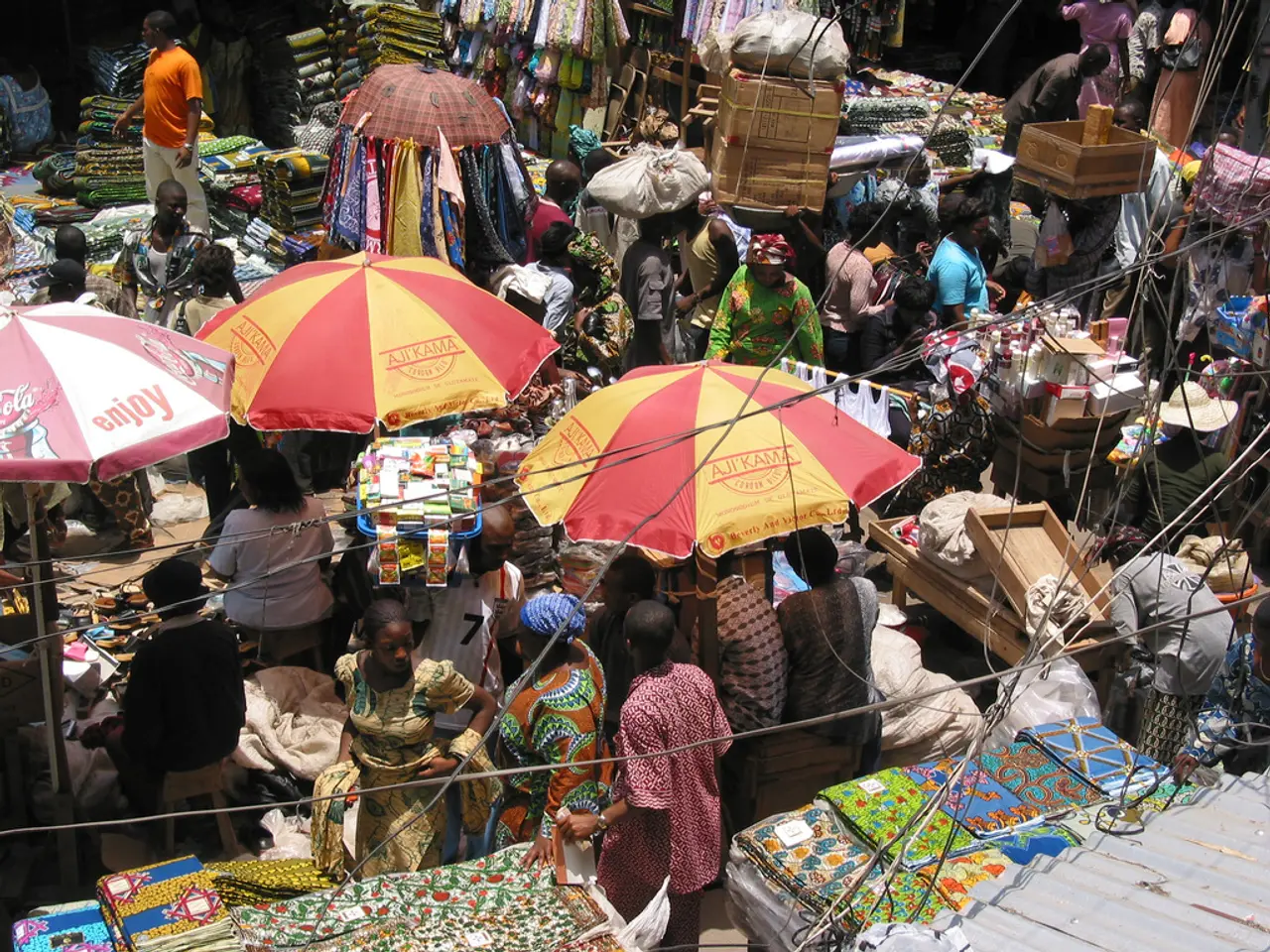Tikhanowski's Surreal Release from Belarusian Detention: A Brief Respite Amidst Ongoing Oppression
- *
- Belarus
- Russia
- Vladimir Putin
- Sergey Tichanowski
- Opposition
- Imprisonment
- Torture
Tichanowski discusses the horrifying conditions in Belarusian detention centers. - Tichanowski Discusses the Grim Reality of Belarusian Detention Centers
In the tumultuous landscape of Belarus, opposition leader and renowned figure, Sergey Tichanowski, has recently experienced a remarkable breakthrough. After five long years, Tichanowski, newly-crowned as a symbol of resistance against oppressive regimes, was set free on June 21, 2025[1][2]. This release, masterfully orchestrated by the White House and diplomatic efforts led by retired Lt. Gen. Keith Kellogg, is a noteworthy milestone in US-Belarus relations[1].
Belarus's President Lukashenko, ever the enigma, ordered Tichanowski's release, following a request from former US President Donald Trump[1][2]. Given Belarus's close ties with Russia, it's a safe bet that the arms of Moscow, in particular Vladimir Putin, were subtly felt behind the scenes. Nevertheless, this alteration hints at a tantalizing turn in the geopolitical chessboard between the US and Belarus.
However, despite this glimmer of hope, the wider vessel of opposition continues to struggle under the oppressive Belarusian regime. Over a thousand political prisoners languish in cruel captivity, many of them shrouded in silence for years[2][3]. Notable names such as Nobel Peace Prize laureate Ales Bialiatski, human rights activist and Viasna founder, human rights advocate Maria Kalesnikava, and lawyer Maksim Znak, to name a few, remain trapped in the inhumane web of political imprisonment[3].
The severity of repression peaked following the disputed 2020 presidential election which led to the arrests and exiles of numerous opposition leaders[2][3]. Tikhanowski's personal account of his release paints a vivid picture of secrecy and harshness endured by detainees, describing being whisked away from a KGB pretrial detention center, blindfolded and handcuffed[2]. Before his release, he was painfully thin, the result of years of malnourishment suffered behind bars[2].
Allegations of torture and mistreatment of political detainees have run rampant, although concrete details on Tikhanowski's personal experience are scant since his release[3]. The political connotations of Tikhanowski's release appear intricately linked to international diplomatic shuffling. Amid efforts by Belarus to mend fences with the West, a series of prisoner releases— nearly 300 since mid-2024— have taken place[1]. The delicate balancing act between its alliance with Russia and the West continues to unfold.
In essence, Sergey Tikhanowski's release serves as a beacon of hope amidst a harsh landscape of political repression and human rights violations. The twists and turns in the saga of Belarus's political maneuverings remain fluid, with the international community continuing to pressure for the unconditional release of all political prisoners and the restoration of democratic freedoms in the country[2][3].
In the context of ongoing global conflicts and political unrest, the European Union is committed to a comprehensive and comprehensive approach to the fight against terrorism, war-and-conflicts, politics, general-news, and crime-and-justice. The release of Sergey Tikhanowski, an opposition leader in Belarus, serves as a case study in the intricate ways diplomacy can impact local politics and human rights situations, symbolizing the ongoing struggle for democratic freedom in war-torn countries.






